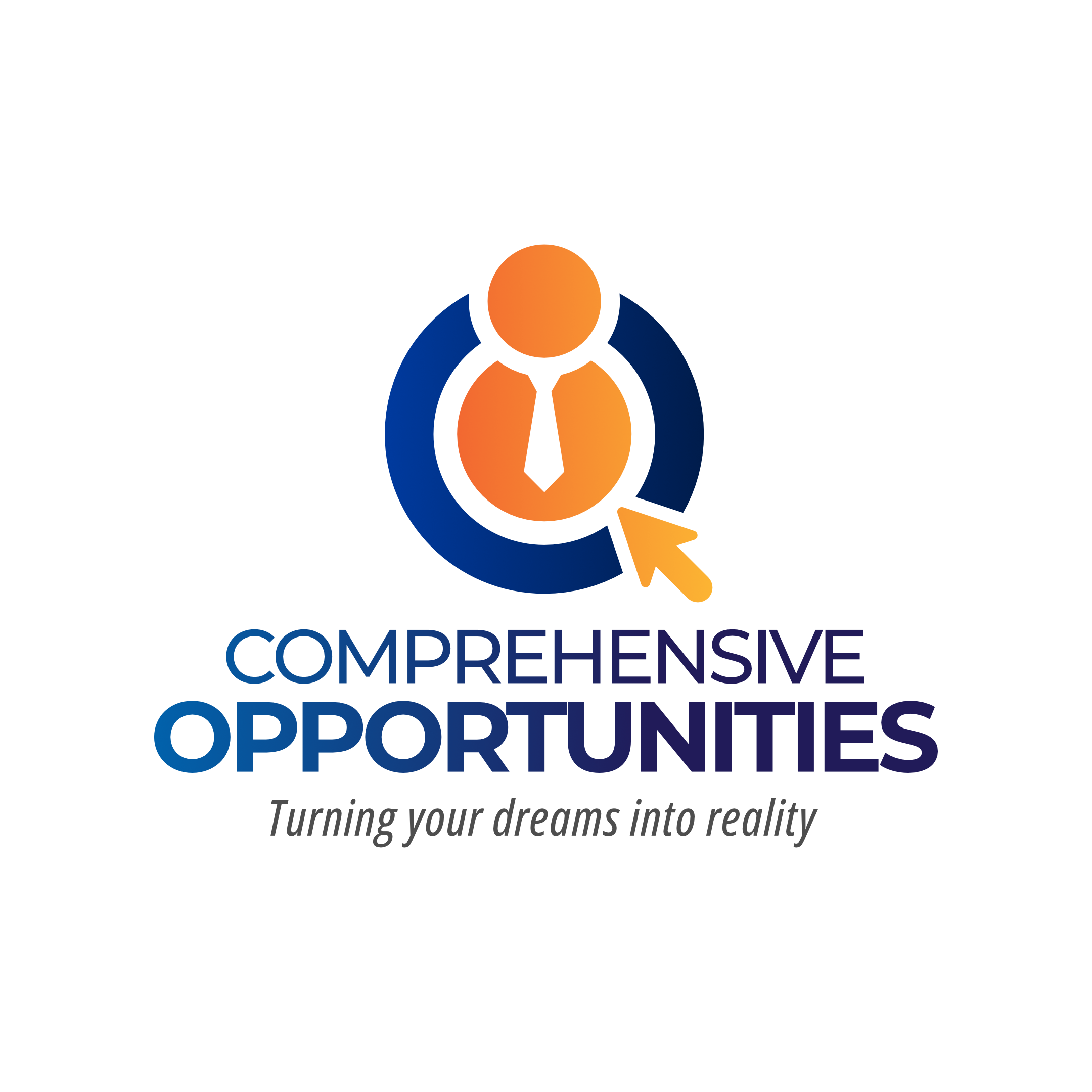
1. Revise and Understand your CV to the last detail
Interviewers usually examine candidates based on their CVs, therefore you must make sure that you clearly understand the meaning of each statement on your CV to avoid being embarrassed. When you match your CV to the job requirements make sure you have researched all the job requirements and have a clear understanding of them.
2. Understand the job you are being interviewed for
Most organizations give a clear description of what they expect from an applicant in the job posting. For example, they indicate the responsibilities that the applicant will be expected to do, required key skills, competencies, desirable skills, and knowledge. If you are the right candidate, then your current skills and responsibilities must match those required by the hiring organization.
Study the list of requirements in detail and make a checklist of how many of the requirements you completely satisfy. This helps you assess your suitability for the post and how you can improve yourself to meet the requirements. It also helps you to prepare appropriate answers to those requirements that you do not quite satisfy. If you have any shortcomings, prepare to be asked how you will make for them. Always be aware of what skills the organization emphasizes on. These are the skills you must also emphasize and provide the clearest detail on during the interview.
3. Research about the organization before the interview
One of the common questions you get asked in an interview is why you would like to work for that particular organization. This is the opportunity for you to show your interest in the organization by demonstrating that you know about their business, their interests, and how it matches with your own goals and interests too.
Therefore it is wise for you to always research about the company before you go for an interview. Nowadays it’s easier to research and find information about any organization as long as they have an internet presence. Research about their mission, vision, culture, products, services, and any other information that may be of relevance. You can get all that information from their website and what other sources say about them. Check their social media handles and possibly follow them and see what they emphasize in their posts.
By knowing the background of an organization you will be able to contextualize your answers to their values and speak the same language during the interview which is a big plus for you. On the other hand, by researching about a company’s background you will also be able to figure out if the company is good for you in terms of career, values, and culture. Otherwise, you do not need to attend the interview with that company.
4. Rehearse the job interview questions
Practice makes perfect! Practice is one of the most essential ingredients to master a job interview. It prepares you for the most common interview questions and gives you confidence in front of the panelists. There are known standard questions that are asked in almost any job interview for example, “Tell us about yourself”, “Why do you want to leave your current employer?” and others. Prepare for these questions by writing down your answers and evaluating your answers. You must also understand what they expect to hear from you when they ask such questions. They expect that you tell them why they should hire you and how you stand out from the rest of the applicants.
You must not talk about money as a reason for why you want to leave your current job but rather focus on career opportunities and new experiences that the new post presents to you. You must rehearse all possible questions by having someone ask and evaluate you as if you were in an interview setup. Then correct all your mistakes until you have perfected your answers. You do not need to memorize your answers but just do enough practice.
5. Make the best impression of yourself
“You never get a second chance to make a first impression” (Will Rogers). The first impression that you present to the interviewers can determine how they see you throughout the whole interview. So you better make the best and most lasting impression. Unless you were given a specific dress code for that interview, you have to dress formally and presentably. Interviewers are human beings hence bias can not be ruled off. Dressing appropriately makes the bias work to your advantage. Present yourself as someone who is well-prepared, confident, and well-organized.
Don’t overlook the little things. Make sure your outfit is clean and well-ironed, your shoes are polished and there are no loose hems. Do the needful if you have to do a facial, haircut, shave, or even a new interview outfit! But do not overdo it.
6. Arrive early at the interview venue
You must be at the interview venue 15 to 20 minutes before the interview. Never get into an interview sweating and rushing as this will already give a bad impression about your time management skills and organization. It will also drain away all your confidence and composure spoiling all the preparations you had done before.
To avoid unexpected delays by all means you can go and wait somewhere within a walkable distance to the interview venue. 30 to 40 minutes would be safe to be within this walkable distance so that you can then just calmly go to the interview venue 15 min before it starts. You would not want to be waiting at the interview venue hours before your time. Should you be late for a job interview for any reason remember to call ahead of time and let them know you’re running behind time.
7. What if you’re caught off guard?
No matter how thoroughly you prepare yourself for a job interview, one of the interviewers can just throw an unexpected question at you that you had never thought of before and have no clue how to answer. Therefore you must be also prepared to give an appropriate response to such, without panicking and exposing yourself. As an example, you can come up with a go-to phrase that will help you avoid silence or stalling while gathering your thoughts for an answer. You can turn the uncomfortable situation by calming yourself down and buying some time by asking for further clarification on the question.
You can also repeat the question thoughtfully before answering or saying (slowly), “Now, that is a great question. I think I would have to say…”. Sometimes you are caught completely off guard and your mind is blank on what to say. In such a scenario, you may request the recruiter to pass that question and come back to it later in the interview. You may have a better answer later on.
8. Do some salary research
You may be asked to give an indication of your expected salary. Let not this question catch you off-guard. So how do you decide on the right salary to say to the panelists? Do some research on how much the organization pays for the position you are being interviewed for. This will help you to say a salary within their expected range and avoid being too low or too high. You can ask colleagues if you know any who work for that company or you can google on the Internet.
9. Include important numbers and details
Don’t underestimate the power of figures in your answers. Bring with you some revenue figures, customer base increase, budget or team sizes, numbers of trained participants, percentages of time saved, or anything else you can use to quantify your impact. Throwing in some figures when talking about your responsibilities and accomplishments convinces a hiring manager why they should hire you. It also reflects on your definiteness and confidence.
10. Be prepared to ask questions
Usually, at the end of the job interview, you will be presented with an opportunity to ask questions to the panelists. Don’t just go without also asking at least a relevant question. Therefore you have to prepare a list of questions and ask at least one of them. Having at least 3 questions will leave you with something to ask in case the panelists already touch on your other questions in the interview. Asking the right questions also gives you more information about the role and whether it will be as good for you as you will be good for it.
11. Know how to calm your nerves
Before the interview, you may be a bit nervous and anxious. You must have tactics to calm yourself down and get yourself in the right headspace. The tactics differ for everyone, so find out what works best for you. Maybe you have a friend who can boost your self-esteem over the phone, or maybe a song that inspires you that anything is possible, or maybe you can do breathing exercises.
12. The actual job interview
When you finally get into the job interview, if it’s a physical interview make sure you walk into the room with confidence and energy. Some decisions are made right when they see you enter the room as they assess your energy levels and try to match you with the job they are recruiting for. As the introductions are made, make sure you remember the names of the panelists and you can even jot down their names for later reference. Mixing up their names could mean your lack of attention to detail. Later on, when answering the questions it may help to say “Thank you, Mr. John, for your question”, before you answer the question.
Maintain an assertive voice and professional eye contact during the conversations. When answering questions do your best to provide self-evidence responses. The answers you provide must be based on facts and supported by real examples of how you did similar tasks or handled similar situations. Examples go a long way in demonstrating your experience and capacity to deliver. Avoid long-winding answers that expose your lack of knowledge. Attempt all questions to the best of your knowledge. Don’t say “I don’t know” as that may give the impression that you do not care and you are not willing to find out.
You can also read:
Unlocking 7 Top Secrets to Successful Job Interviews: What You Need to Know




